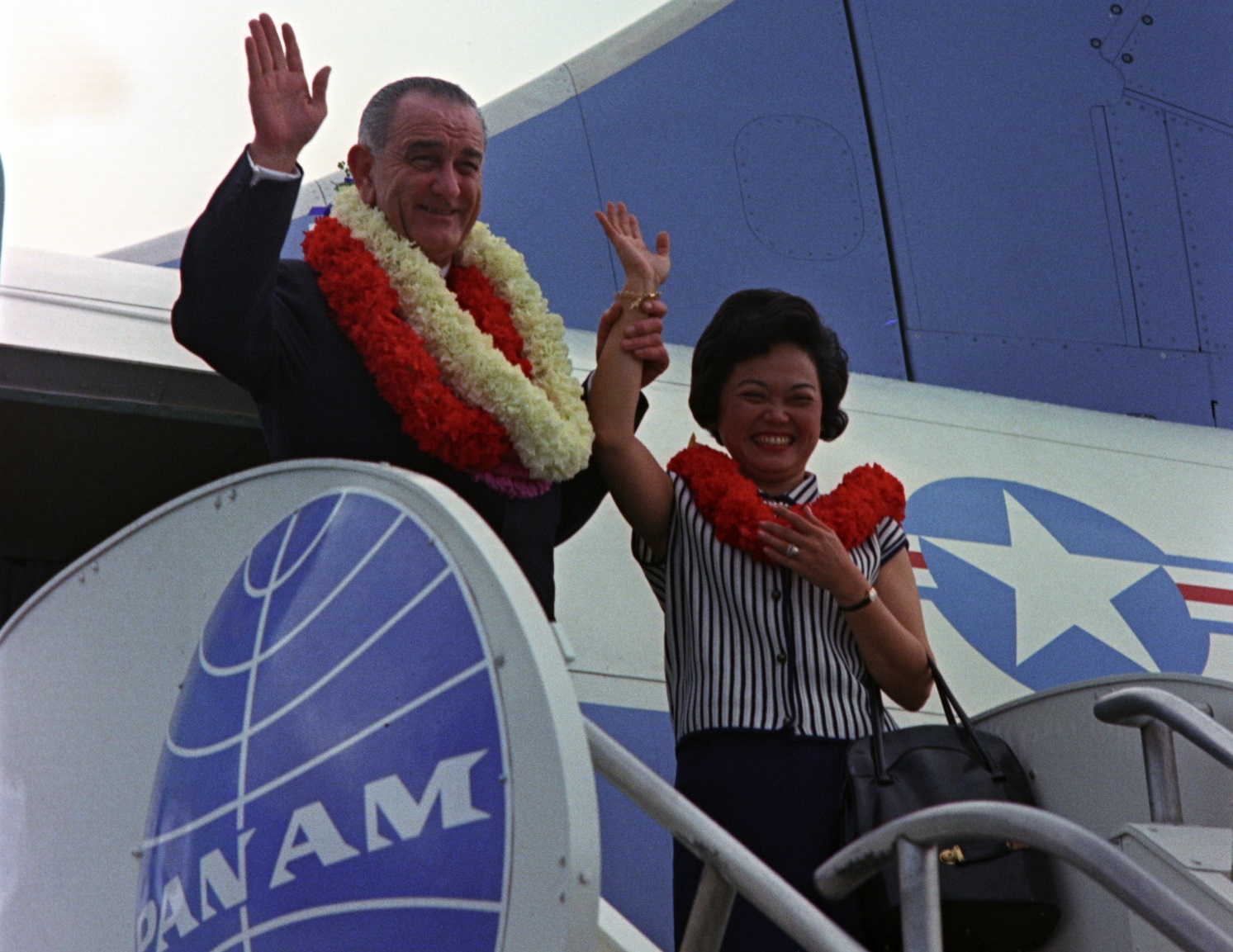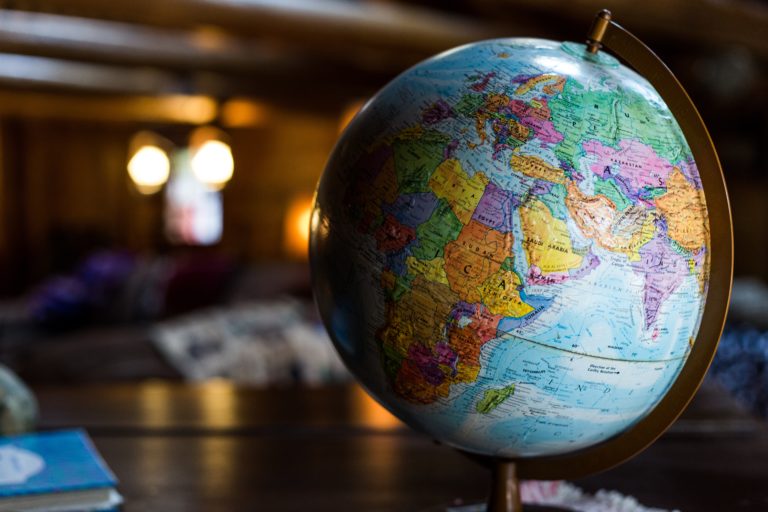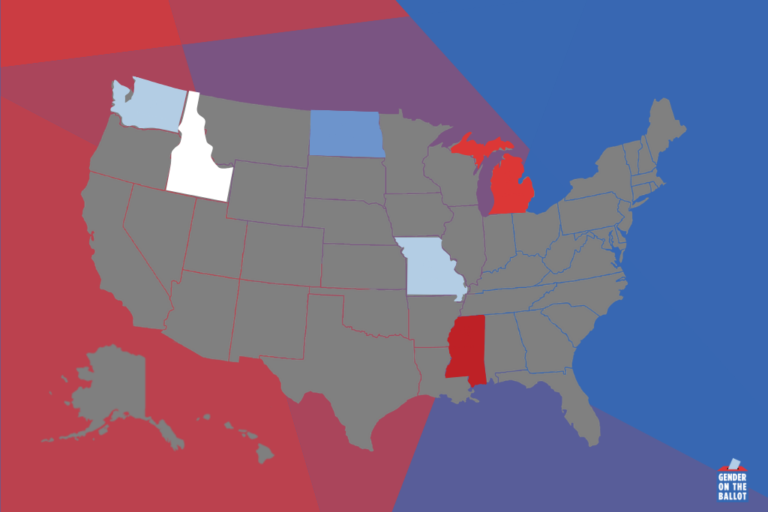We are in a unique position this year. It has been 100 years since…
We need more Asian American Pacific Islander representation.

Image: Rep. Patsy Mink with President Lyndon B. Johnson, 1966
As the Asian American Pacific Islander (AAPI) community gathers virtually to celebrate Asian Pacific American Heritage Month (APAHM), it’s important to remember that federal laws prohibited Asian Americans to naturalize until 1952. This fact is important to recognize because the ability to run for office is tied to citizenship.
Asian Americans have been in the United States since the early 1600s and due to the systemic discriminatory barriers placed to keep this constituency in check, its political influence has only recently been harnessed. AAPI women started serving on the federal level in 1965 and serving as Governor in 2011.
Former U.S. Representative Patsy Mink was the first woman of color and the first Asian American woman to be elected to Congress. All of this is significant for a variety of reasons, one of them being that Hawaii became the 50th state, and her first run for Congress was in 1959. Even with a majority AAPI constituency, societal & cultural norms prohibited her from winning her election to Congress until 1965. Former Ambassador Nikki Haley was elected in 2011 as Governor of South Carolina and is the first and only Asian American woman to be elected to that position.
As AAPIs are the fastest growing racial group in the country, it’s essential that this community remain vigilant about voting and achieving representation at a proportional rate to elected office. With a six percent national population and a federal representation of three percent, the AAPI community is below average in the election of our congressional leaders. In the 116th Congress, there is an historic high of twenty AAPI congressional members, ten of them AAPI women, three of them in the United States Senate. Out of the 55 states and territories that comprise the National Governors Association, there is one AAPI woman currently serving as Governor. Although achieving a record, there is much work to be done to elect more AAPI women at the federal and gubernatorial levels.
Even in 2020, AAPI women continue to face traditional gender stereotypes and cultural challenges as if we continue to live in the 1950s. If candidates can’t bring their personal network of support, the campaign becomes more challenging.
The Asian Pacific American Institute for Congressional Studies (APAICS), through its Women’s Collective, works in partnership with women-centered groups to increase women elected leaders. The Women’s Collective provides trainings and tools to encourage AAPI women to consider a public service career. We partnered with the Barbara Lee Family Foundation to survey public perception if race plays a factor in voters’ attitudes towards a candidate. The information from the survey helps to assure AAPI women that they are qualified to run for Governor, as long as they fit specific qualifications, one of them not being their ethnic identity. APAICS is here to demystify the process as well as break stereotypes.
If you know of AAPI women interested in joining a community of women leaders, and individuals who are focused in uplifting AAPI women, please encourage them to sign up for the Women’s Collective.






